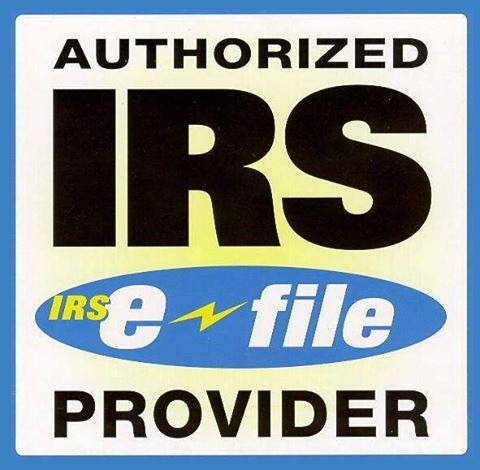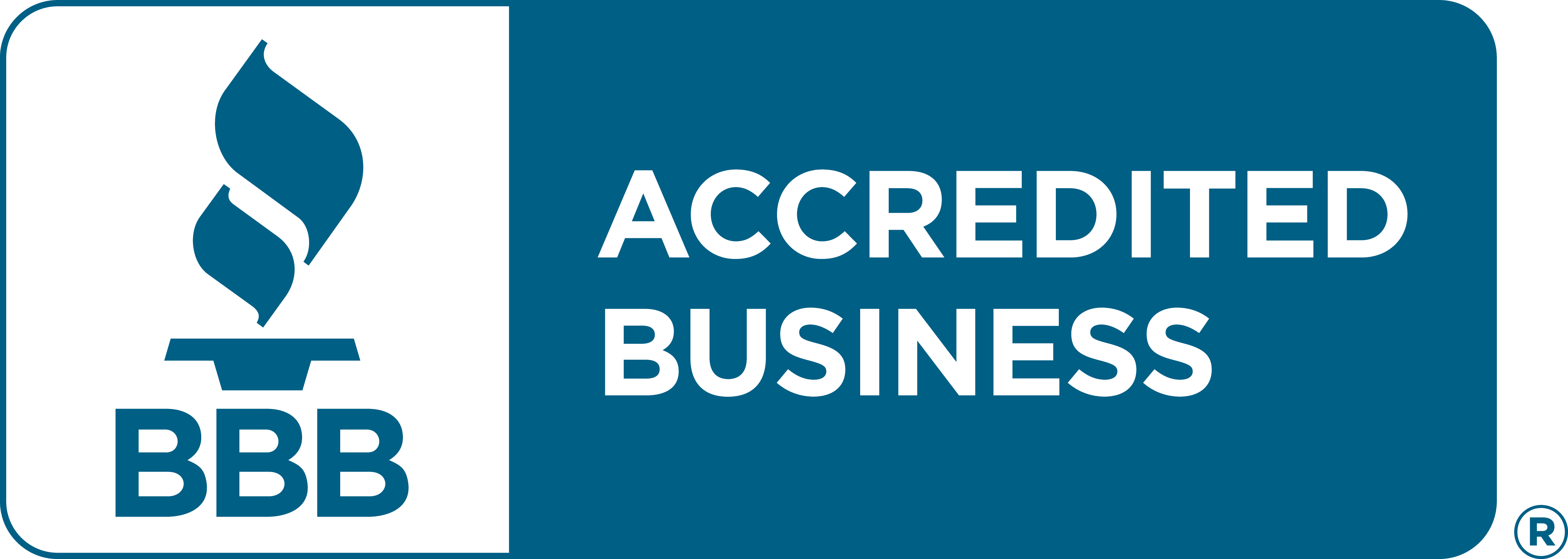Form 990 Schedule C
Introduction
Schedule C is a crucial component of the annual information return filed by tax-exempt organizations. This schedule serves as a platform for organizations to disclose information about their political campaign activities and lobbying activities.
In this resource guide, we will learn about the key aspects of Schedule C, from its purpose to filing requirements and commonly asked questions.
Table of Contents
What is Schedule C?
Schedule C, Political Campaign and Lobbying Activities is a supplementary schedule that accompanies the standard Form 990/Form 990-EZ and is filed annually by Section 501(c) organizations, and Section 527 organizations.
It empowers organizations to provide comprehensive disclosures regarding their involvement in political campaigns or lobbying activities.
Who must file Schedule C?
Non-profit organizations that file Form 990 or Form 990-EZ are generally required to complete Schedule C if they have engaged in any political campaign activities or lobbying activities during the tax year. This includes activities such as making contributions to candidates, engaging in grassroots lobbying, or conducting direct lobbying.
If an organization has an ownership interest in a joint venture that conducts political campaign activities or lobbying activities, the organization must report its share of such activity occurring in its tax year on Schedule C.
Embark on a Smooth Schedule C Filing Journey with TaxZerone
Complete your Schedule C filing requirements with ease!
Schedule C Filing Requirements
All Section 501(c) organizations and Section 527 organizations that file Form 990/990-EZ must complete and attach Schedule C along with their organization's information return.
Below, we have provided Schedule C filing requirements for each part.
Part I-A - Political Activity of Exempt Organizations
Part I-A requires information about the organization's direct and indirect political campaign activities. This part must be completed by organizations exempt under Section 501(c) or a Section 527 organization.
Part I-B. Section 501(c)(3) Organizations— Disclosure of Excise Taxes Imposed Under Section 4955
Part I-B focuses on any excise taxes incurred by the organization or its managers due to political campaign activities. This part must be completed by organizations that are exempt under section 501(c)(3).
Part I-C. Section 527 Exempt Function Activity of Section 501(c) Organizations Other Than Section 501(c)(3)
Complete Part I-C if the organization is exempt under section 501(c), except section 501(c)(3). In this part, enter the amount spent by the organization for section 527 exempt function activities.
Enter the names, addresses, and employer identification numbers of all section 527 political organizations to which the nonprofit organization made payments.
Part II-A - Lobbying Activity
Part II-A is exclusively for section 501(c)(3) organizations that have filed Form 5768 (election under section 501(h)) and details their lobbying expenditures.
Part II-B - Lobbying Activity
Part II-B is exclusively for section 501(c)(3) organizations that have not filed Form 5768 (election under section 501(h)) and details their lobbying expenditures.
Part III - Section 6033(e) Notice and Reporting Requirements and Proxy Tax
Part III must be completed by an organization that is exempt under section 501(c)(4), (5), or (6). This part details any proxy tax incurred by the organization for the tax year.
Part IV - Supplemental Information
Part IV must be used to provide the narrative information required in Part I-A, line 1, Part I-B, line 4, Part I-C, line 5, Part II-A, line 1 (affiliated group list), Part II-A, lines 1 and 2, and Part II-B, line 1.
The part can also be duplicated by the 990 and 990-EZ filers if more space is needed to provide additional information.
Choose TaxZerone to complete your Schedule C filing
Embrace the digital era of tax filing with TaxZerone, your IRS-authorized e-file service provider. We're here to revolutionize your tax filing experience, making it as simple and stress-free as possible.
Our intuitive platform guides you seamlessly through every step of the Form 990/990-EZ filing process, making it a seamless experience.
Here's how your exempt organization's information return with Schedule C attachment is transmitted to the IRS - just 3 simple steps!
- Provide Organization Details - Choose the tax year for which you want to file a return, and provide your organization's details.
- Preview the Return - Complete Schedule C and preview the information provided in the return for accuracy before transmitting.
- Transmit to the IRS - Transmit Schedule C along with your Form 990/990-EZ return to the IRS and get the acceptance in just a few hours.
In the unlikely event of an IRS rejection, we'll help you identify and correct any errors in your information return, ensuring a swift and cost-free resubmission.
Streamline Your 990/990-EZ Filing with TaxZerone!
Make your e-filing process simple by clicking the button below.
Commonly Asked Questions
1. When does Schedule C become a necessity?
2. What is considered a "political campaign activity" and a "lobbying activity"?
Political campaign activities include any activities that support or oppose a candidate for public office or ballot measure.
Lobbying activities include any attempts to influence legislation directly or indirectly.


